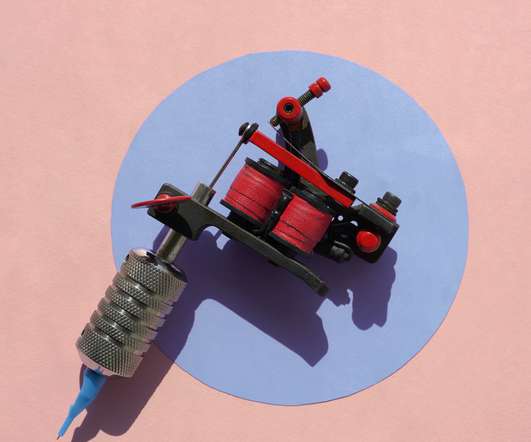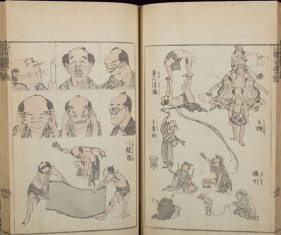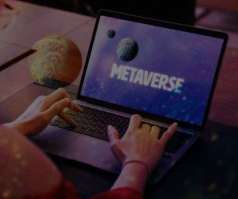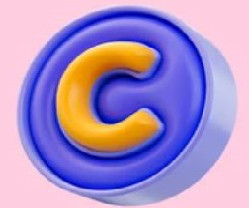Parody under the Copyright Law
IP and Legal Filings
JUNE 12, 2023
In relation to ‘Parodies’, since it is derived from the original work of another writer or artist, it is difficult to draw a line between creative criticism and imitation. Vipul Amrutlal Shah (2009) and MRF Limited v. The Supreme Court’s decisions in the case of Shree Ventakesh Films (SVF) v.












Let's personalize your content